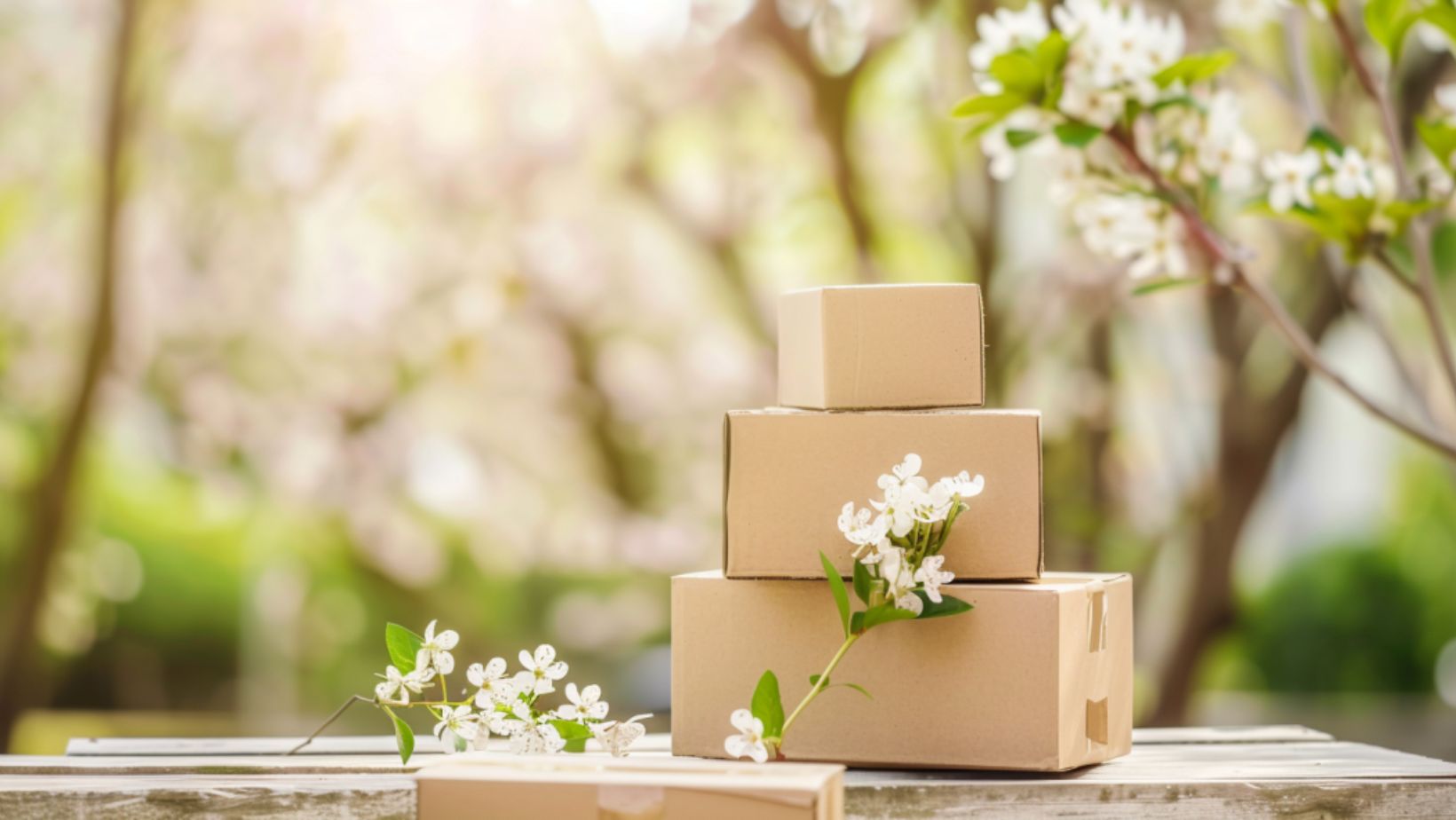ILWU Contract Negotiations 2014 and Port Strikes
The PMA and ILWU contract negotiations have been in progress since May 12th in San Francisco as the current ILWU contract is set to expire on June 30th. The ILWU contract negotiations cover 29 U.S. West Coast ports including Los Angeles, Long Beach, Oakland, Portland, Seattle, and Tacoma. Throughout the negotiations, both sides have shared the same sentiment in the two sides coming together to reach an amicable agreement by the deadline. The two main issues in the ILWU contract negotiations 2014 are healthcare costs and ILWU jurisdiction. While shippers, carriers, and other related parties traditionally prefer six-year contracts that promote more stability and peace at the ports, the PMA and the ILWA are seeking a three-year contract.
Under the current contract, employers pay the entirety of the healthcare costs for union workers. When the Obamacare tax goes into effect in 2018, the employers will be taxed $150 million per year on the “Cadillac” healthcare programs that they provide for the union. Employers believe that a cost-sharing formula would be appropriate as they would not be able to afford to pay the premiums and the additional Obamacare tax. The union has traditionally held a “no give-backs” posture because they do not want to pay for any of their healthcare or any additional taxes. Another negotiation topic under review is the ILWU jurisdiction regarding technology and automation which could possibly eliminate jobs at the port. A three-year contract would alleviate some pressure on the healthcare portion of the negotiations as the contract would run out in 2017, before the Obamacare tax would go into effect.
In anticipation of work stoppages or port strikes, shippers have accelerated cargo shipments and have diverted containers away from the West Coast ports into Canadian, East Coast, and Gulf Coast ports ahead of the expiration of the current ILWU contract. Many Asian carriers have noted full vessels heading into U.S. East Coast ports which has resulted in an increase in freight rates on that trade lane.
If a decision is not reached by the expiration of the current contract, U.S. importers and exporters should expect delays and congestion surcharges for shipments transiting the West Coast ports. It may take up to several days or weeks to resume normal port operations if a port strike or slow-down occurs.






Follow Us